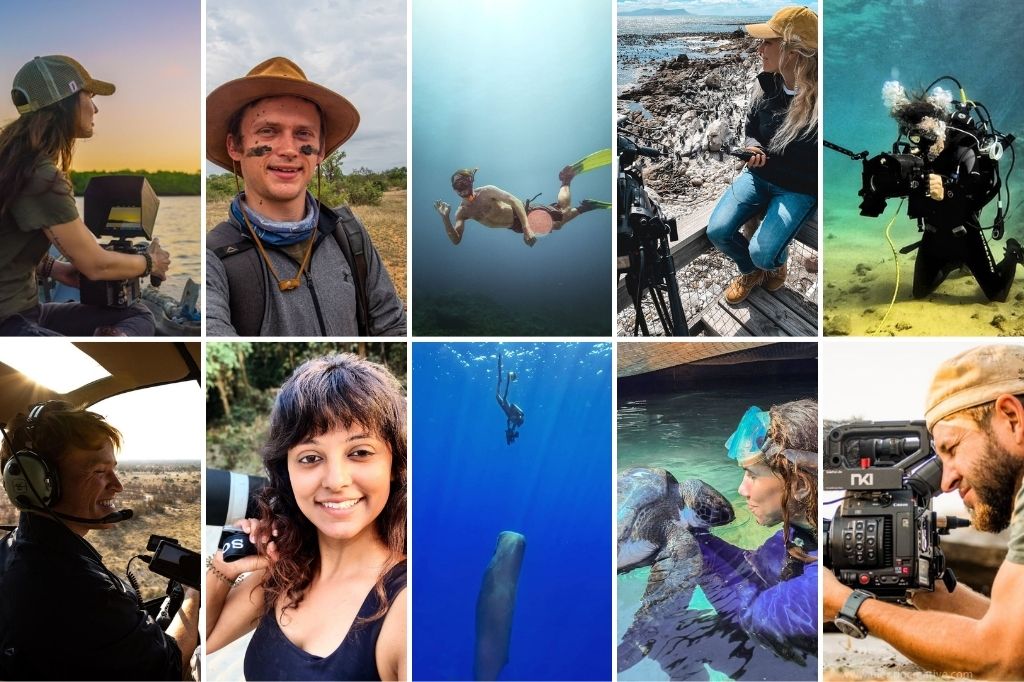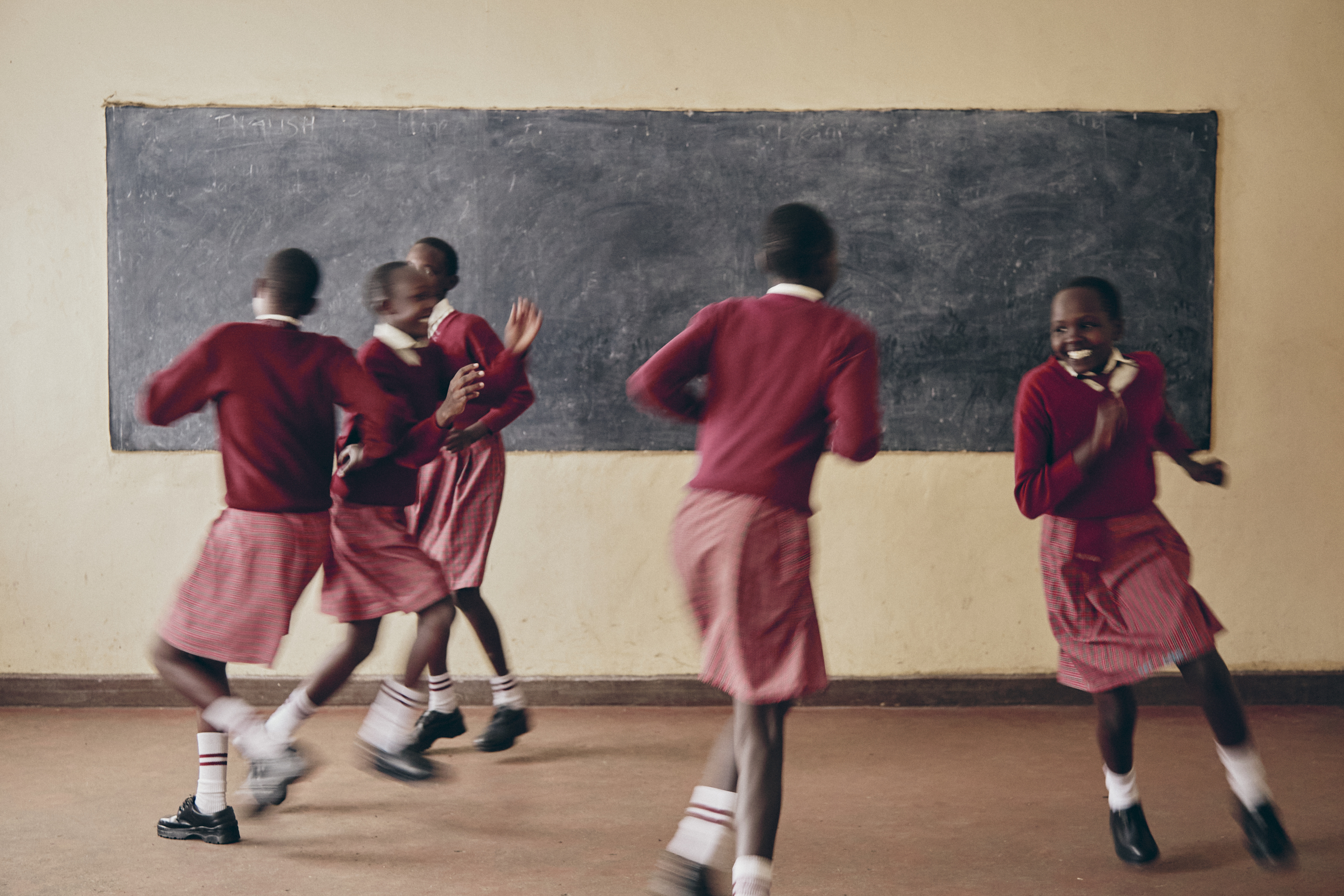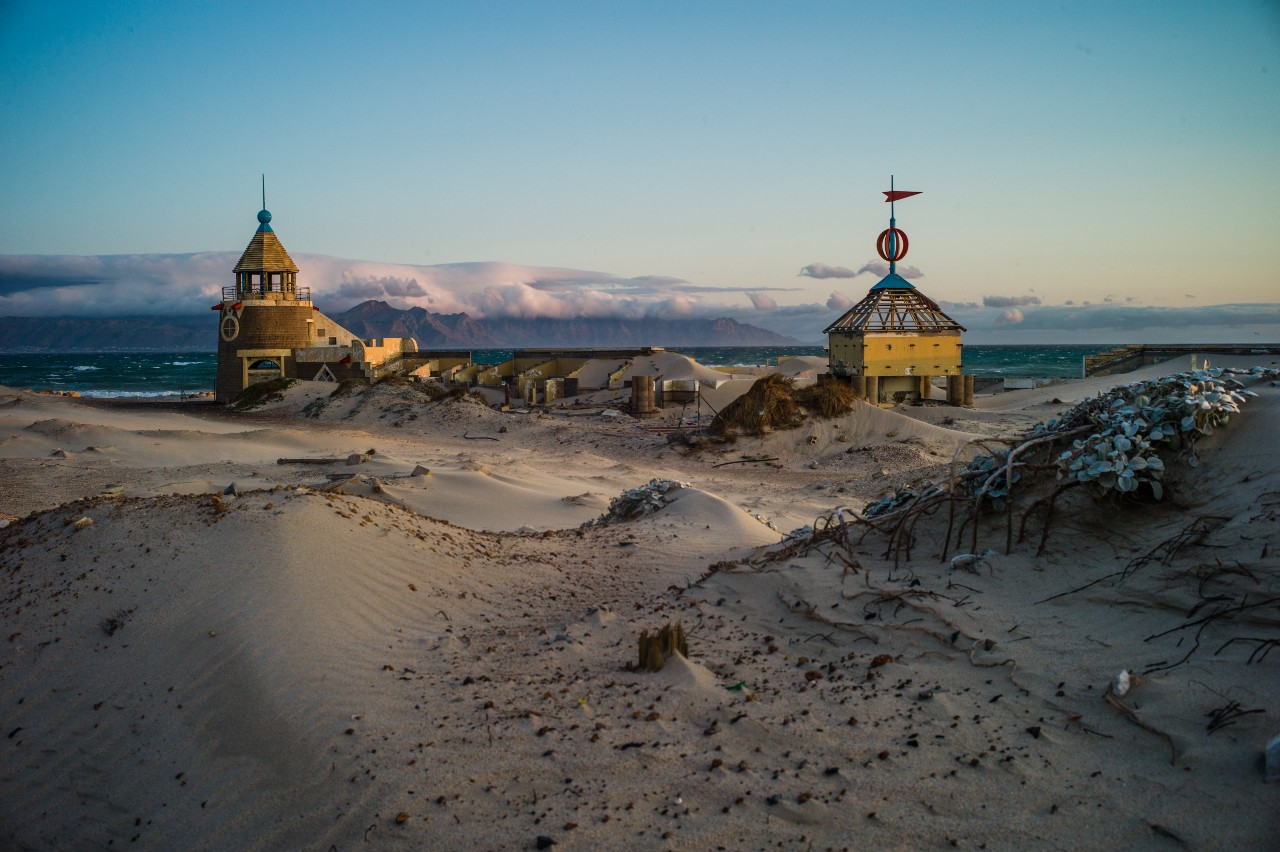Frances Marais is a talented product photographer with a passion for capturing the beauty and essence of her subjects. With years of experience in the industry, Frances has honed her craft to deliver exceptional images that showcase products in the best light. Her attention to detail, creative vision, and technical expertise have made her a sought-after photographer for brands looking to elevate their visual presence. She’s known for her ability to understand a brand’s unique style and bring it to life through her unique photographic eye.
We chat with the talented product photographer and unpack how her love for photography grew over the years, the quirky things that inspire her and the importance of calendar management.
Please tell us a little about yourself.
I’m a freelancer, photographer and business owner. I also have a knack for knowing what types of tree branches throw pretty shadows and have been known to have very cool playlists.
I’ve been freelancing full-time since the start of 2017 and have never looked back. Before shooting for myself full-time, I bounced between various in-house e-comm studios and working as an assistant.
The creative work I do mostly involves product photography and commercial photography, with the odd interior and portrait here and there. Fashion is not my scene, and weddings terrify me.

Walk us through your creative process. How do you plan and execute your product shoots? How much work goes into executing a shoot
My creative process and involvement in the shoot often involve helping guide clients to the most beautiful way to execute an idea they already have.
By the time the client comes to me, a creative direction has been outlined by the creative director or designer they’re working with. My job is then to create something beautiful within the parameters of the creative direction.
Once the project begins, I often work with a creative director (my fav is Sanri Pienaar). She usually puts together the styling and art direction while I focus more on lighting and creating the mood of the shoot.
The needs of the job will determine which of us will have greater control of the shoot. In tabletop shoots, I have control of the lighting, camera angles and lines within the image. I know that doesn’t sound like much, but it is a great communicator of one’s style. In tabletop situations, however, the props and styling that Sanri chooses to use will be significant because of their visibility.
On lifestyle jobs where people are involved, my creative input has more weight as I need to draw the mood out of the cast and design the scene/location of the shoot.
The short answer is a lot of work goes into executing a product shoot. The work consists largely of pre-production to ensure the entire shoot has been thought through, provisions have been made, and plans arranged. The actual shoot day is exhausting but can be a lot more fun as we get to play around with the styling, listen to music and really get into what we’re doing.
My creative process ends with retouching, which will put the final touches on the overall mood and aesthetic of the shoot.

You’re both a business owner and creative; what are some of the challenges you’ve faced as someone that wears both hats?
My greatest challenge is keeping up with the workload while also trying to ensure I don’t fall behind on basic business admin. It is easy to be overwhelmed by how many people require your attention at any given point in the day. “Could you please send me a quote for”, “What is your availability like on..” “Can you quickly jump on a call to chat about..”. “Just mailing to follow up on”. Then someone’s WeTransfer link expires, and you need to dig out your backup hard drive and resend their images. The list goes on, all while you’re busy chasing a deadline for a treatment you need to present or retouching that needs to be handed over. I guess these are issues that all sole business owners face; the only difference is that you still need to find moments to think creatively amongst the admin.
Where does your love for photography stem from?
To be completely honest with you, my involvement in photography doesn’t come from a place of deep passion for the practice or some inherent skill set that I couldn’t turn away from. I love photography, I really do, but that love came later in my career, once it brought me the independence I wanted so badly.

I struggled in school and was incredibly anxious about my prospects. When I found photography, I discovered I wasn’t terrible at it and could make money from it as soon as I had my first camera shooting things like kids’ birthdays and cataloguing the stock at pet stores.
What kinds of things inspire you?
I am inspired by beautifully tacky and mundane things. Beautiful piles of dirty dishes and burned buttered toast on an ugly tablecloth.
I think I’m also very inspired by music when I’m shooting. It aids me immensely in getting to a flow state and keeping my motivation going through a tough day. I’m not a musical person, but I need to have music playing when I’m shooting. I’m also very inspired by humour, especially when people are able to create something beautiful that is also a bit funny or silly.
Why commercial and product photography?
I really love working with and moulding lighting and building scenes in front of a camera rather than moving through a scene. Much of my work is shot from a camera fixed into a tripod. Product and commercial photography allows me to decide precisely what will be in my frame and relies far less on happy accidents.
Who are some of your photography role models, and why?

What camera do you shoot with?
What’s in your camera bag?
My JBL speaker. This is the most important piece of equipment.
A grey card, which I find essential for colour-balancing my images.
What are some things that you need with you on every shoot?
A good playlist
Snacks
A healthy level of messing around.
How would you describe your photographic style?
Nostalgic. Colourful. Humorous. Romantic
What are some of the most important skills you’ve learnt over the years?
A skill I’ve learned is how to put on a “show”. That doesn’t sound great, but some days you just don’t feel like showing up and being the ray of sunshine required to direct a whole room full of people. Learning to put on a calm face and make people feel safe in choosing you as their photographer is really important to having them want to work with you again or having them refer you to others. Another skill is killer calendar management. If you don’t get that right, you could land yourself in serious trouble.

For aspiring photographers wanting to follow a similar path, what are your five tips for pursuing a career in commercial and product photography?
- That it’s better not to take it all too seriously. Talent can only take you so far. People would want to work with you again if you made the day feel effortless.
- Insure your shit (gear).
- Do all the jobs, even the ones that don’t inspire you, at least in the beginning. Every shoot is an experience you learn from. I can’t tell you how much I learned from the endless hours of mindlessly shooting packshots at the Woolies’ in-house studio.
- Put as much effort as you can into understanding lighting. Not so much how the gear works but how to read lighting, what different lighting communicates, and how different lighting creates mood and narrative.
- If you’re not naturally cool, embrace your dork and make it your thing. I know that doesn’t sound like business advice, but the sides of yourself that you embrace show through in your creative output.








